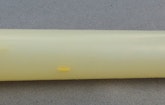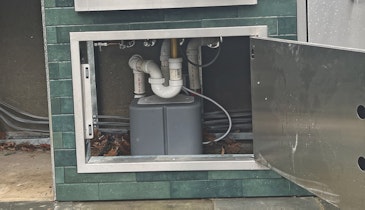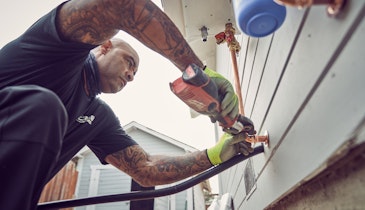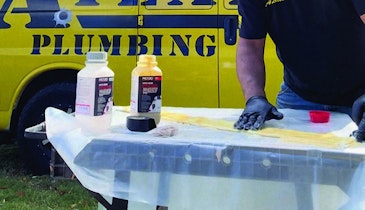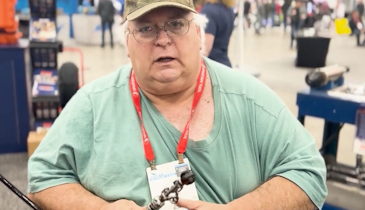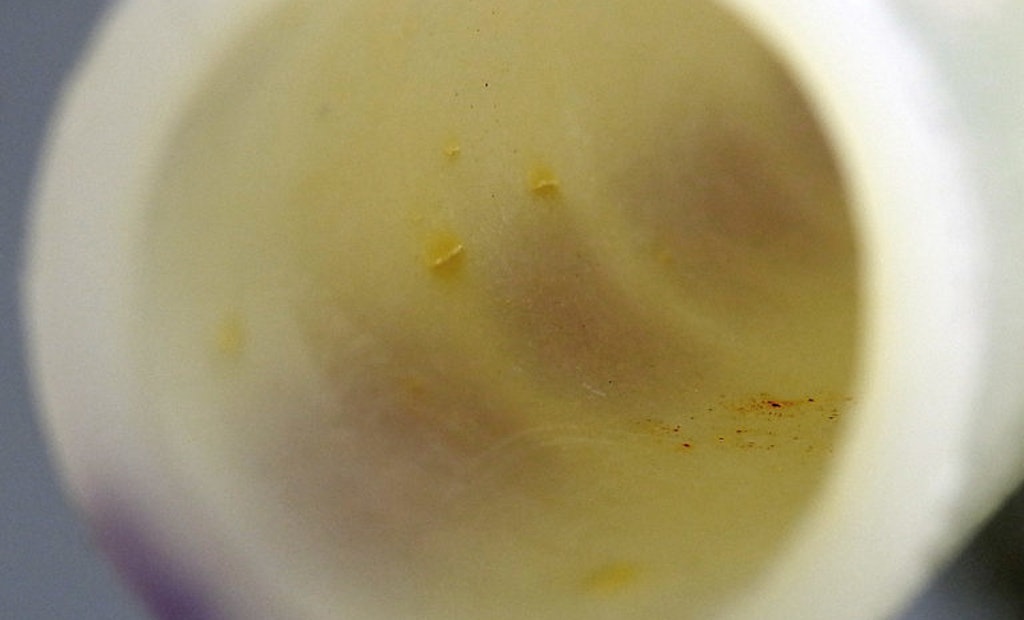
Interested in Residential Plumbing?
Get Residential Plumbing articles, news and videos right in your inbox! Sign up now.
Residential Plumbing + Get AlertsIn the summer of 2016, the Jackson family reached its wits’ end: Their home in Battle Ground, Washington, a little over 10 years old, experienced its third pipe leak in just a couple years.
The first failure appeared in the PEX piping under the dishwasher and the Jacksons’ insurance company covered a five-month renovation to repair the damage. Using like materials, new PEX pipe replaced the failed PEX. The second failure occurred in the basement, and during that repair, a third failure was discovered.
“Someone would try to fix something and then there would be another one,” recalls Rick Jackson, M.D.
When Dr. Jackson mentioned the problems to Jeff Ramey, a piping systems consultant for Lubrizol, he revealed an issue far more concerning than a series of one-off leaks. There were widespread cracks and apparent chemical breakdown in the PEX pipes.
System replacement
A crew of three from Waterways Plumbing, based in Vancouver, Washington, performed the full system re-pipe over the course of a day.
Upon removal of the damaged PEX system, evidence of chemical breakdown including short, discolored cracks and ink permeating through the pipe could be seen — even in the new pipe installed just two years prior.
Lab testing revealed that the PEX failures were consistent with chlorine degradation, which occurs when chlorine, added to water to keep it clean and safe to drink, attacks the PEX piping, breaking its molecular bonds, resulting in micro-cracks that gradually expand until the pipe fails. This is the same chemical process behind the widespread polybutylene failures 30 years ago.
Because of several factors (temperature, pressure, exposure to UV rays from the sun or fluorescent lightbulbs), tests currently used to determine chlorine resistance of PEX specifically states that the results “do not constitute a representation that a PEX tube or system … will perform for that period of time under actual use conditions.”
Recently, the Plastic Pipe Institute issued a technical note (PPI TN-53) advising that certain operating conditions “can significantly reduce the service life” of PEX tubing.
The Waterways crew replaced the Jacksons’ PEX piping system with FlowGuard Gold CPVC. The one-day process was a relief to the homeowners after the extensive renovations they had already endured. Compatible with high temperatures and all methods of chlorination used to ensure clean, safe drinking water, FlowGuard Gold assured the Jacksons that the days of PEX pipe leaks and repairs are firmly in the past.
Following the re-pipe, “Everything is working beautifully,” Jackson says. “We’re so grateful that we ran across a type of pipe and a company in FlowGuard Gold that’s able to help the homeowner and the plumbers understand the best way to install the right kind of pipe. With FlowGuard Gold CPVC, I can truly have peace of mind about my plumbing system for a long time.”

